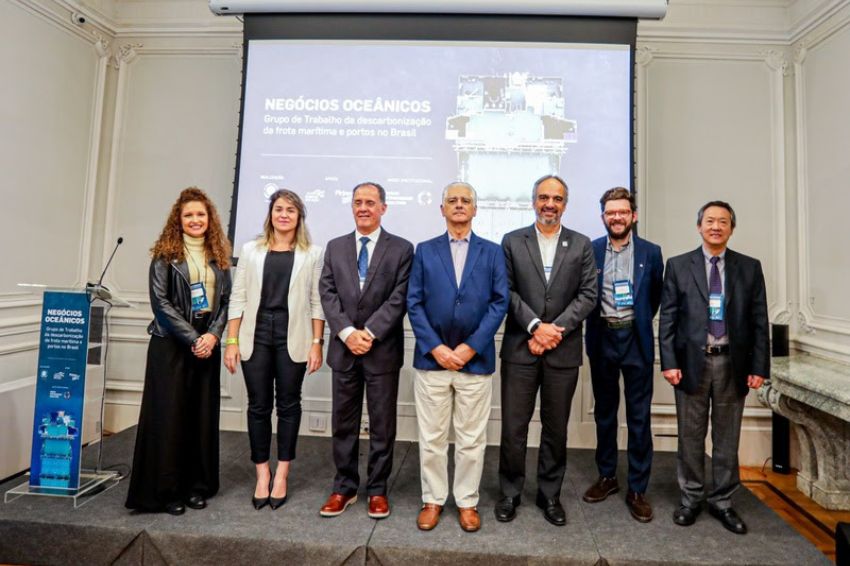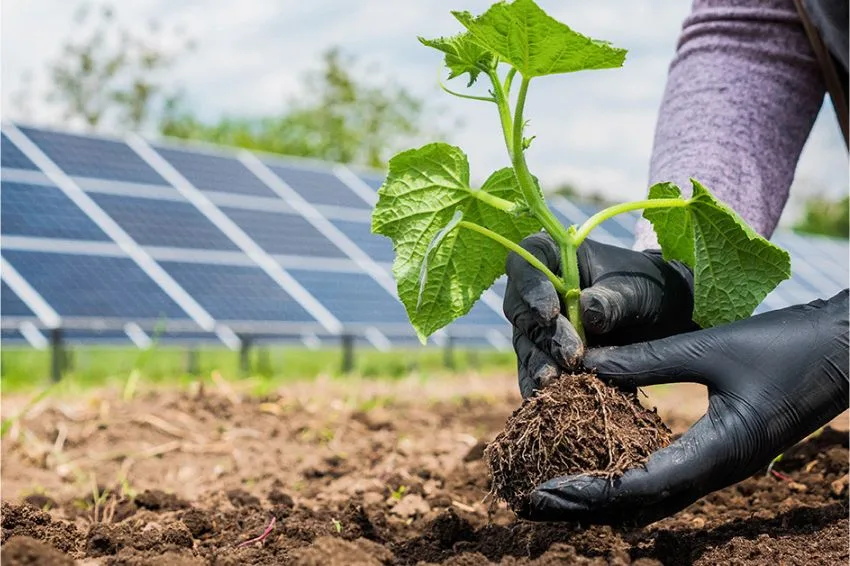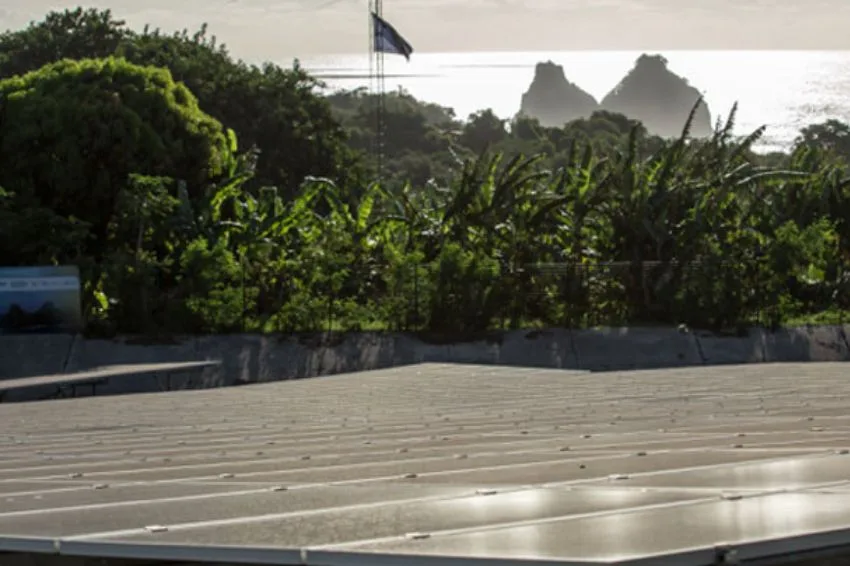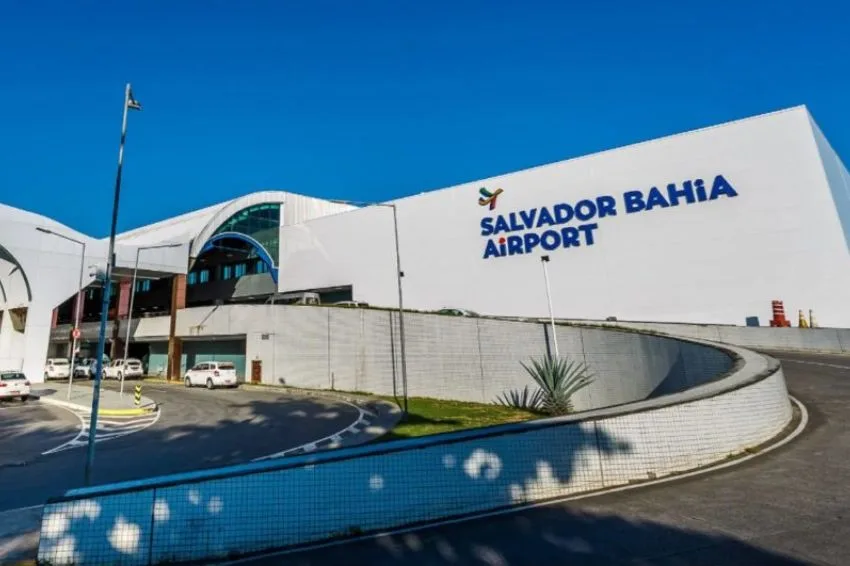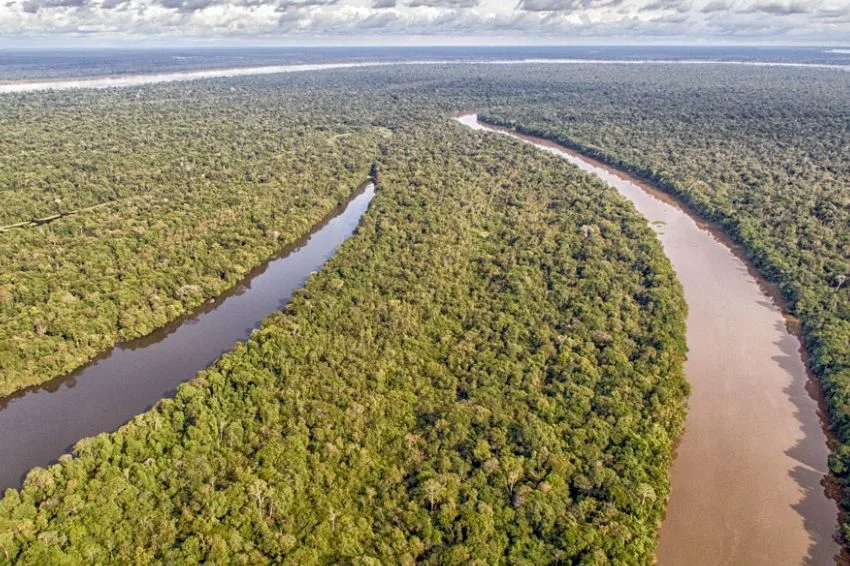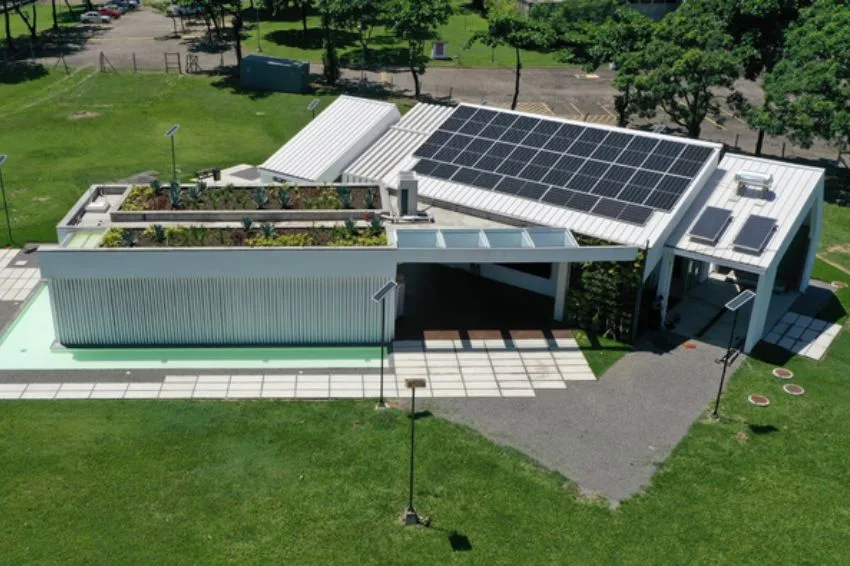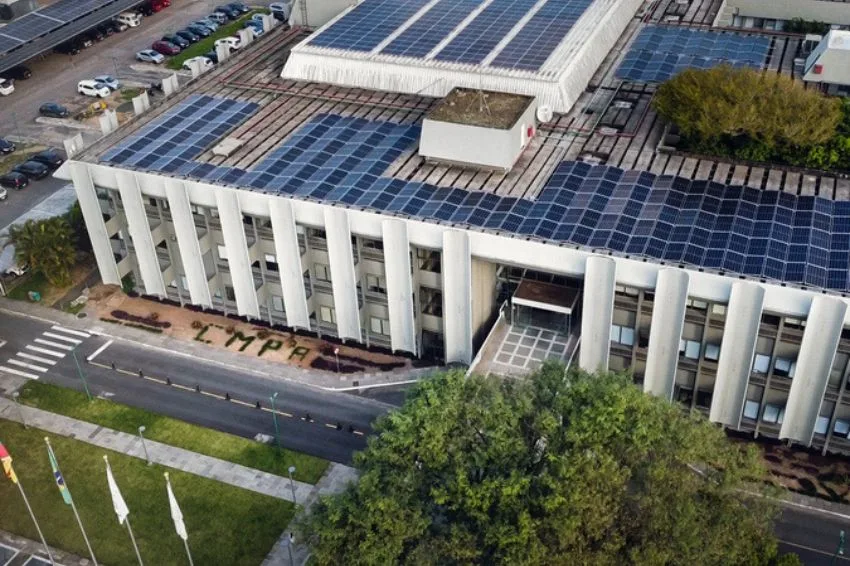O Global Compact from the UN in Brazil launched, this Wednesday (26), at Casa Firjan, in Rio de Janeiro, the Oceanic Business Working Group, the first corporate hub in the country with the aim of boost the energy transition of the ports It is sea transport, with the support of Porto do Açu.
The initiative aims map national scenarios It is international on the decarbonization of the maritime and port sectors and to address to the opportunities It is challenges to Brazil.
The work is part of the Ocean Stewardship Coalition agenda, led by the Global Compact's ocean team, based in Norway, and will be managed by Rede Brasil. The group has already started with more than 30 companies signed up to participate.
The pre-survey carried out by the UN Global Compact in Brazil to start the GT shows that none of the country's ports, among those evaluated, have a structure ready for alternative fuels. Only two are building these structures, with the aim of receiving vessels powered by biomethane, ammonia, biogas and green hydrogen.
This survey also points out that 91% of the ports evaluated do not have incentive campaigns to reduce emissions generated by maritime transport and around 67% do not have targets related to energy efficiency and decarbonization.
“Maritime transport and port operations are fundamental in the journey towards zero carbon. Our country has a natural vocation to be a leader in this new economy. But we need to have a proactive attitude to turn this comparative advantage into a competitive advantage”, said Carlo Pereira, CEO of the UN Global Compact in Brazil.
“Brazil needs to accelerate decarbonization in this sector. Within the Global Compact, we have created sectoral actions, with excellent results, and we are doing this again with the Oceanic Business Working Group, the first of its kind ever created”, he highlighted.
“We hope that companies from different sectors, which depend on maritime transport and ports, will also be with us, in addition to government entities. This union is decisive for the result that everyone expects, which is to actually combat climate change”, highlighted Pereira.

As a strategy of the Water Action Platform and the Climate Platform, of the UN Global Compact, the GT's work will be concentrated with companies participating in the initiative's Brazilian network. Currently, worldwide, the shipping sector accounts for around 80% of global trade volume and is responsible for approximately 3% of global GHG emissions.
Member states of the International Maritime Organization (IMO) recently agreed to achieve net-zero emissions by around 2050, with total emissions reduced by 20% to 30% by 2030 and between 70% and 80% by 2040.
“Ports play an important role in achieving global decarbonization goals, providing the necessary infrastructure for the production and storage of alternative fuels, as well as for supplying the maritime fleet,” said José Firmo, CEO of Porto do Açu Operações.
“Our vision is that Porto do Açu can directly contribute to the energy transition, especially considering Brazil’s potential to take the lead in this process. And this future can only be built through integration between the different players, which highlights the relevance of this working group for our country”, he added.
The GT intends to create business cases on energy transition in Brazilian seas. Members are not only from companies in the maritime sector, but from any companies that participate in the UN Global Compact in Brazil and that benefit or can benefit from it. The Working Group must include companies from the oil and gas sector, mining, large agricultural exporters, logistics companies, ports, among others.


